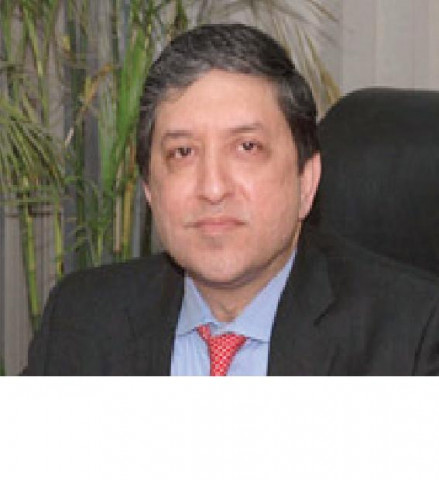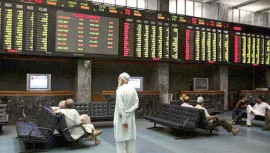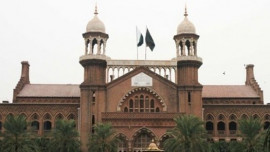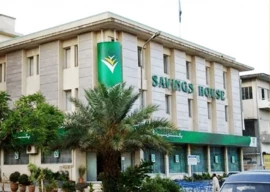
It is a government organisation, part of the Prime Minister’s Secretariat. Its chairman is a cabinet-level official who reports directly to the Prime Minister of Pakistan. And yet the Board of Investment (BOI) has a tough time getting the rest of the government to assist it in its core mission: facilitating foreign investment in the country.
In a remarkably candid interview with The Express Tribune, Saleem Mandviwalla, the current BOI chairman, laid out the challenge facing his organisation.
“Convincing foreign investors to come to Pakistan is the most difficult thing to do today,” says Mandviwalla. “Besides the obvious trepidations over law and order, foreign investors are put off by the bureaucracy, the corruption and what I should say is the lack of governance.”
Mandviwalla himself is from one of Karachi’s leading business families, which collectively has interests in real estate, automobile distribution, and plastics manufacturing. As an outsider from the private sector, he offers keen insights into the functioning of the government.
“Everybody blames the politicians and I feel bad for them. They do not actually govern the country. That is the job of the bureaucrats. They do a bad job and then the government gets blamed for it,” said Mandviwalla. “I do not mean the entire bureaucracy, of course. There are some very good civil servants. But by and large, the bureaucracy is a mess. They are stuck in the 1960s. The majority of federal secretaries do not even know how to compose an e-mail on their own.”
The Board of Investment was technically created to help foreign investors deal with the bureaucracy, by dealing with the government on behalf of the investors. Yet it seems that the BOI is treated no differently than a private sector organisation that merely happens to be housed in a government building. The BOI is currently struggling to get through the legal paperwork and approvals for approximately $800 million in foreign investment.
“We actually get criticised by the civil service for doing our job,” said Mandviwalla. “Some bureaucrats are very helpful, but the majority of them are disinterested.”
One particular example that the BOI chairman talked about was the manner in which the Tethyan Copper Company was treated. Tethyan is a joint venture between Chile’s Antofagasta and Canada’s Barrick Gold, two of the largest mining companies in the world. The two companies have spent $220 million in exploring a block of land allotted to them in Reko Diq, Balochistan. But now that they have finally found copper, the Balochistan government wants to kick them out, preventing them from capitalising on their investment.
“Pakistan’s reputation has already been irreparably damaged [among foreign investors] because of this, and may get damaged even further,” said Mandviwalla. “At every mining investment conference I go to abroad, people ask me about Reko Diq. It affects sentiments among mining companies looking to invest in Pakistan.”
Nonetheless, the BOI chairman admits that some parts of the government are particularly helpful, such as the Planning Commission, the finance ministry, and the Foreign Office. The commerce ministry, meanwhile, gets very low marks from Mandviwalla in terms of helpfulness.
The solution to the mess, according to the BOI chairman, is deregulation and reform. “We went from having a telephone call cost Rs10 per minute to one that now costs less than Rs0.50 per minute. How did that happen? It happened because we introduced serious reforms and deregulated information technology.”
To Mandiwalla, the reforms must start with the civil service itself, bringing an archaic bureaucracy up to speed with the needs of the 21st century investor. Whether or not he is optimistic that this will happen, he did not say.
Published in The Express Tribune, June 26th, 2012.

















COMMENTS
Comments are moderated and generally will be posted if they are on-topic and not abusive.
For more information, please see our Comments FAQ